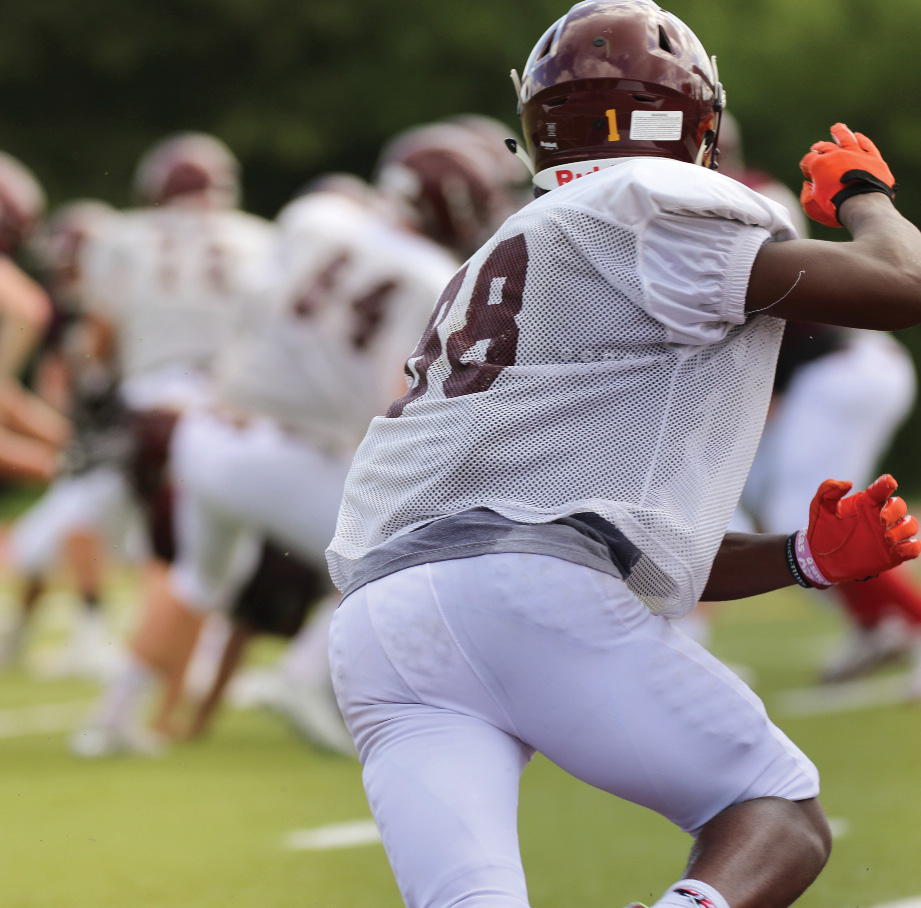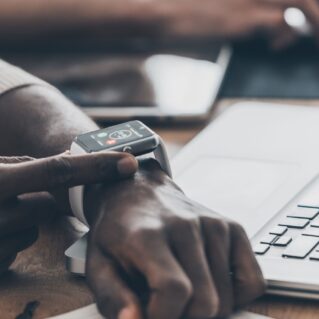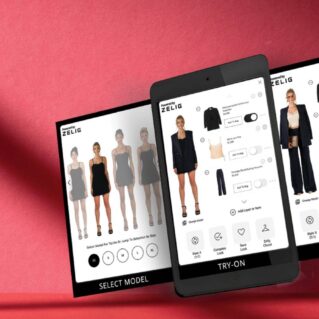Why direct selling companies should pay attention to the NCAA’s landmark “Name, Image, Likeness (NIL)” rule changes.
Auburn quarterback Bo Nix announced (to his 94,000 Instagram followers) a deal with Alabama-based sweet tea brand Milo’s. Oklahoma quarterback Spencer Rattler signed an ambassador deal with fast-food chain Raising Cane’s Chicken Fingers. Texas Longhorns running back Bijan Robinson charges $155 for a personalized Cameo video message. Other college athletes have started their own apparel brands.

What’s happening: Thanks to a transcendent Supreme Court ruling in June, college student-athletes can now earn money leveraging their name, image and likeness. This is unprecedented territory for college sports but could open countless opportunities for marketing deals and sponsorships. While the NCAA will work with Congress to create new national rules and guidelines, most states have passed their own laws regarding the issue. Most laws do not allow athletes to be associated with their universities in marketing deals. Meaning, Bo Nix cannot wear an Auburn Tigers jersey in a Milo’s Tea ad.
Why it’s a big deal: College sports is huge. The total athletics revenue reported among all NCAA athletics departments in 2019 was $18.9 billion. By comparison, the NFL generated roughly $16.6 billion in 2019, and the NBA generated a little more than $8 billion for the 2019-20 season. Each of the last three College Football National Championship games commanded roughly 28 million viewers. Trevor Lawrence, one of the most hyped stars to come out of college football in years and the No. 1 pick in the 2021 NFL Draft, has 980,000 Instagram followers.
Smaller, local businesses to major national brands are already signing college players to deals. According to ESPN, star athletes could earn $500,000 to $1 million per year leveraging their social media followings, roughly $100,000 to $500,000 per year doing commercials, and $100,000 to $500,000 per year with apparel deals. So, the market opportunity is huge.
Why it matters for direct selling: Direct selling companies partnering with athletes as ambassadors or even field distributors is nothing new. The Direct Selling Association’s 2020 industry overview revealed the “wellness” sales category jumped to 37.4 percent of all categories, by far the largest. It’s an excellent fit for some of the best young athletes in the country.
While college athletes juggle busy schedules filled with class, practice and workouts, they may welcome ambassador or even distributor opportunities that don’t demand a lot of their time. Athletes were some of the early social media influencers, and many top high school recruits come into college with tens of thousands of social media followers.
NCAA Name, Image, Likeness Changes Summarized
- Individuals can engage in NIL activities that are consistent with the law of the state where the school is located. Colleges and universities may be a resource for state law questions.
- Individuals can use a professional services provider for NIL activities.
- College athletes who attend a school in a state without a NIL law can engage in NIL activity without violating NCAA rules related to name, image and likeness.
- State law and schools/conferences may impose reporting requirements.


